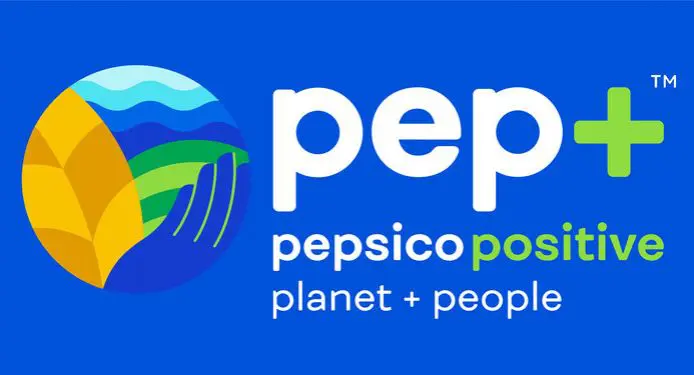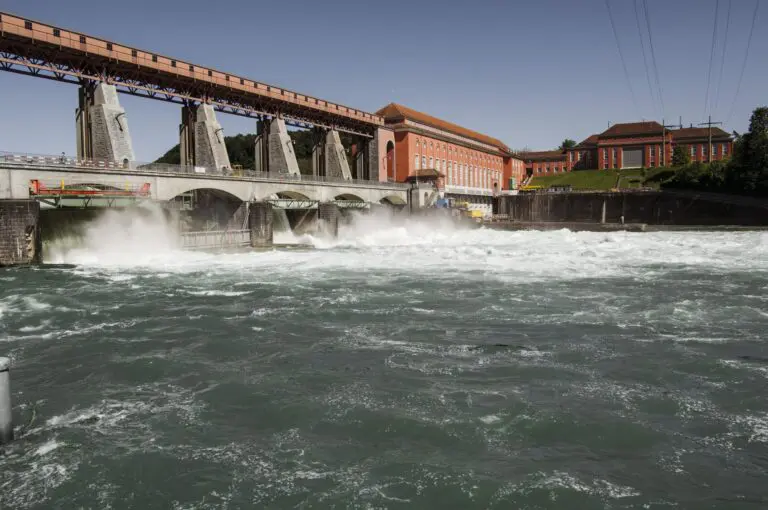The Kenya Plastics Pact (KPP), a new collaborative initiative to tackle plastic waste and pollution has been launched in the country. Second in Africa and twelfth in the world, the Pact brings together businesses, governments, researchers, NGOs, civil society, informal waste sector players and other stakeholders across the plastics value chain, to set time-bound commitments to transform the current linear plastics system, into a circular plastics economy.

Speaking during the launch on behalf of the Cabinet Secretary (CS), Environment and Forestry, Mr Keriako Tobiko, the Chief Administrative Secretary (CAS), Mohammed Elmi, noted that, tackling plastic waste calls for a concerted effort by all relevant stakeholders in the value chain to embrace the elimination, innovation and circular principles. The CS stated that Kenya, like many other countries, grapples with the plastic waste and pollution menace and the devastating effects of Covid-19 have also aggravated plastic pollution in form of face masks and other personal protective gear.
“Now more than ever, we’re reminded of the urgent need to implement solution-based initiatives, aimed at advancing and transitioning to a more sustainable climate neutral, resource-efficient and circular economy at global and national levels,” Tobiko stated.
In line with green economic growth, Tobiko noted that by delivering on the four targets set for 2030, the Kenya Plastics Pact, will help unlock investment in the innovation, collection, reuse, and recycling of waste, in an environmentally sound manner, while also delivering jobs, skills, and opportunities for Kenyans, especially the youth.
He added that the Ministry also seeks to integrate the informal waste sector, responsible for collecting and sorting the majority of material that gets recycled in the Country.
Director, Sustainable Inclusive Business, Karin Boomsma observed that four years after the ban on plastic carrier bags, the Country is still largely operating in a linear economy. “We take, make, and dispose of in an extractive model that is not sustainable for businesses, people, or the environment. It depletes finite resources, pollutes our environment, and contributes to global challenges, such as climate change and biodiversity loss,” she noted. Karin Boomsma urged responsible players to shift their focus to a circular economy, with innovations and business models, that design waste, keep materials in use, protect and restore the environment.







